Pygeum, scientifically known as Prunus africana, is a tree native to Africa and widely recognized for its medicinal properties. Its bark has been traditionally used in African medicine and is increasingly popular in the Western world for treating various health conditions, particularly those related to the prostate. This blog delves into the medicinal uses of Pygeum and addresses how it can be used for prostate health.
Historical Perspective
The use of Pygeum in traditional African medicine is extensive and diverse, reflecting the rich botanical knowledge of Indigenous communities. In addition to treating urinary issues and enhancing sexual health, Pygeum bark has been used for a variety of other purposes.
For instance, in some African cultures, it was utilized to treat fever, malaria, and stomachache, showcasing its perceived broad medicinal potential. The traditional methods of preparation varied from region to region, including boiling the bark to make a decoction or grinding it into a powder. These traditional uses provided a strong impetus for contemporary scientific research, aiming to understand and validate the medicinal properties of Pygeum through a modern scientific lens.
Active Compounds
Delving deeper into the bioactive compounds of Pygeum, it's crucial to understand how these components contribute to its medicinal properties. Phytosterols, notably beta-sitosterol, are known to have cholesterol-lowering effects, which can indirectly benefit prostate health. The pentacyclic triterpenes, such as ursolic and oleanolic acids, are recognized for their anti-inflammatory and anti-cancer properties, further contributing to the therapeutic potential of Pygeum.
Additionally, ferulic acid esters found in Pygeum have been studied for their antioxidant effects, which play a crucial role in cellular health and aging. This unique combination of active compounds makes Pygeum a multifaceted herbal remedy with a range of potential health benefits extending beyond its traditional uses.
Natural Prostate Health
In the context of prostate health, Pygeum's efficacy extends to various aspects of prostate-related conditions. For benign prostatic hyperplasia (BPH), Pygeum not only helps in symptom management but also may contribute to the actual reduction in prostate size, as suggested by some studies. This effect is particularly significant since BPH can lead to uncomfortable and potentially serious complications if left untreated.
The role of Pygeum in managing chronic prostatitis, a condition often challenging to treat with conventional medicine, has also been explored. Furthermore, the potential of Pygeum in prostate cancer prevention is a burgeoning area of research, given its anti-proliferative properties. While more extensive clinical trials are necessary to establish these benefits fully, the existing research provides a promising outlook for Pygeum as a complementary therapy in prostate health management.
Anti-Inflammatory Herbs and Their Effects
Pygeum also exhibits significant anti-inflammatory properties. This makes it useful in treating conditions like prostatitis, a painful inflammation of the prostate gland. Pygeum's anti-inflammatory action is attributed to its mechanism of inhibiting certain enzymes and inflammatory mediators in the body.
Traditionally, Pygeum has been used to combat inflammation throughout the body, and it is well-suited for easing prostate inflammation. As a natural remedy for prostate health, prostate health supplements make ready use of this powerful herb.
Urinary Tract Health
In addition to prostate health, Pygeum has benefits for overall urinary tract health. It helps in reducing symptoms of various urinary disorders, improving urine flow, and reducing the risk of urinary tract infections.
However, one of its main benefits in urinary tract health is its ability to combat the processes that contribute to prostate enlargement, namely inflammation. By combatting this, it can help soothe the prostate down to a healthy size, releasing the pressure on the urinary tract to help maintain regular and steady urination.
Antioxidant Herbs and Their Properties
Pygeum's antioxidant properties contribute to its health benefits. By neutralizing free radicals, Pygeum can protect cells from oxidative stress, which is linked to various chronic diseases, including cancer.
Sexual Health Benefits
Traditionally, Pygeum has been used to enhance sexual health, including improving libido and sexual function. While scientific research in this area is limited, some studies suggest that the compounds in Pygeum may have a positive effect on sexual health.
These benefits are thought to be linked to its anti-inflammatory and antioxidant properties, which can improve overall health and potentially affect sexual performance and libido. Further research is needed to understand these effects fully and how Pygeum could be utilized in this context.
Sustainability and Responsible Sourcing for Herbal Prostate Supplements
As the demand for Pygeum increases globally, concerns about the sustainability of harvesting practices have arisen. Overharvesting can lead to a decline in Prunus africana populations, impacting local ecosystems and communities.
Thus, it is crucial to source Pygeum responsibly, supporting sustainable practices that ensure the long-term availability of this medicinal bark. Consumers and manufacturers should be aware of the origin of their Pygeum products and support initiatives that promote sustainable harvesting and fair trade.
Balancing the Benefits of Pygeum
Pygeum, with its rich history in traditional African medicine and growing body of scientific research, shows promising benefits for prostate health, urinary tract health, and potentially for sexual health. Its anti-inflammatory, antioxidant, and cell-regulating properties make it a valuable herbal remedy. However, as with any supplement, it is essential to consult healthcare professionals before use, especially for individuals with pre-existing health conditions.
In light of the numerous health benefits associated with Pygeum, particularly in the realm of prostate health, it's essential to choose a reliable and effective supplement. We at Phytage Laboratories, known for our dedication to creating high-quality daily supplements that address a multitude of health issues, offer an excellent option with our product, Prostate 911.
This supplement harnesses the power of Pygeum, combined with other beneficial ingredients, to support prostate health effectively. If you're looking to take a proactive step towards maintaining your prostate health, consider exploring the benefits of Prostate 911. View our products today to learn more and find out how our scientifically backed solutions can contribute to your overall well-being.

 Cart
Cart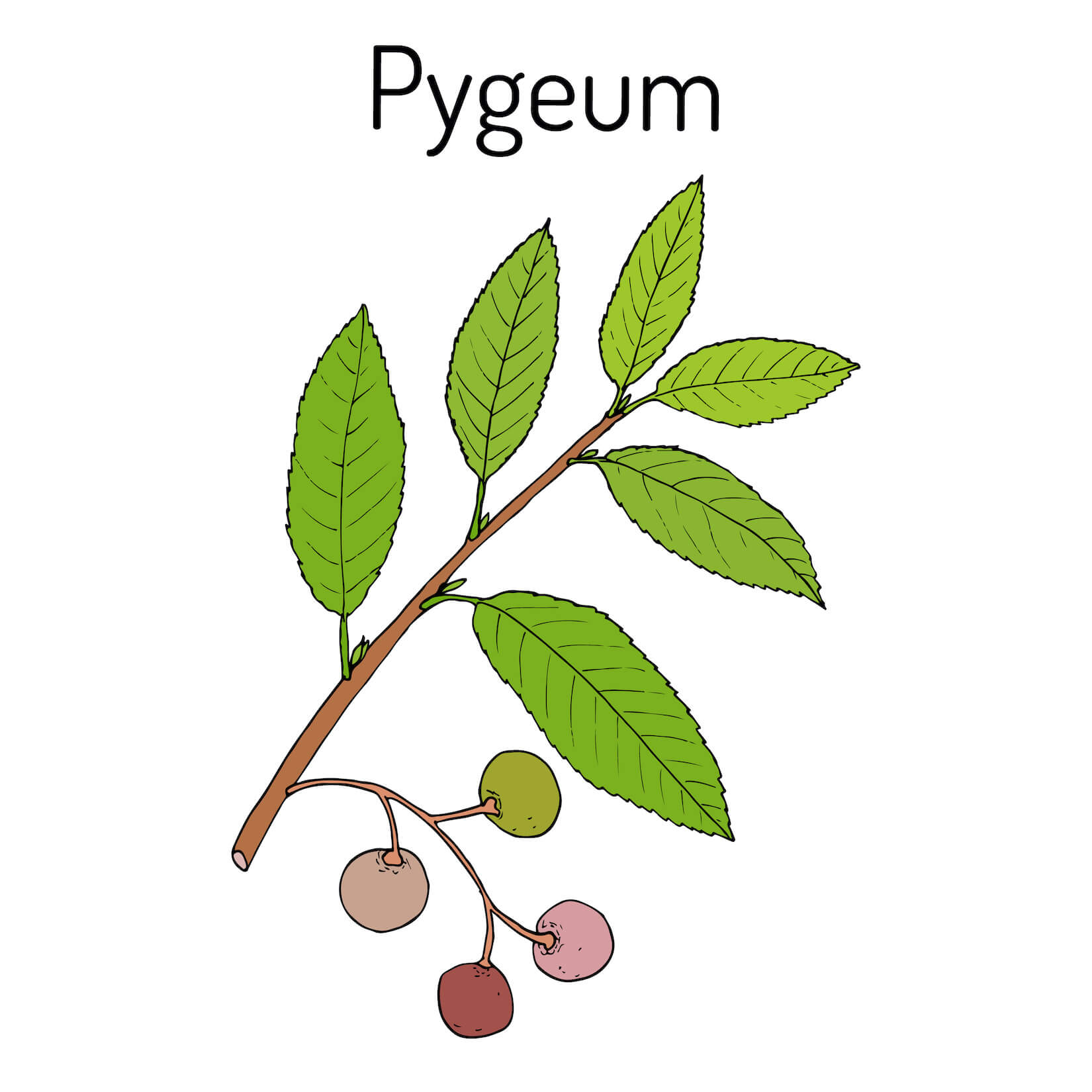


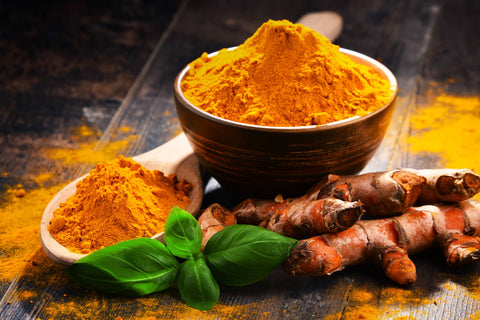


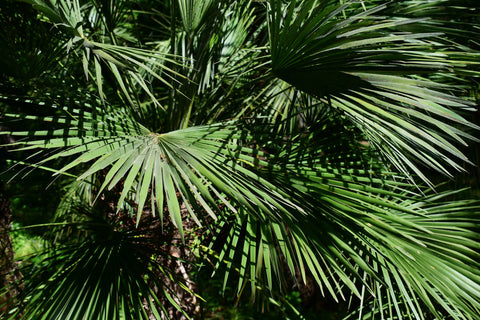


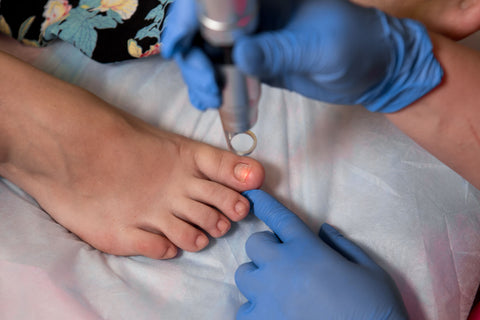
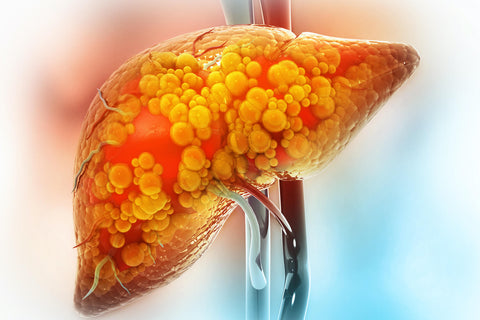


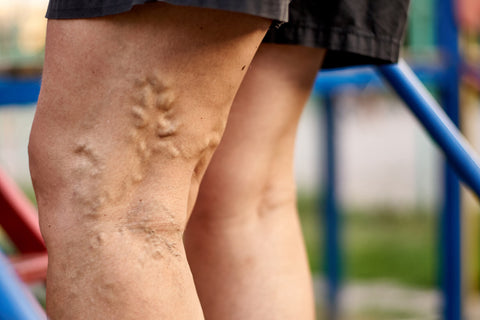


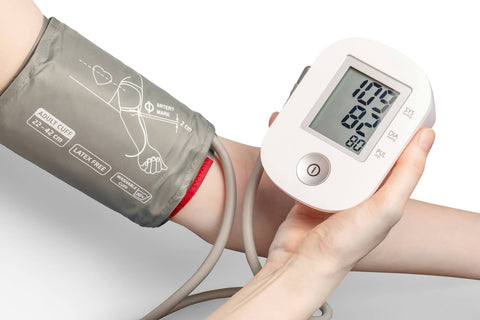

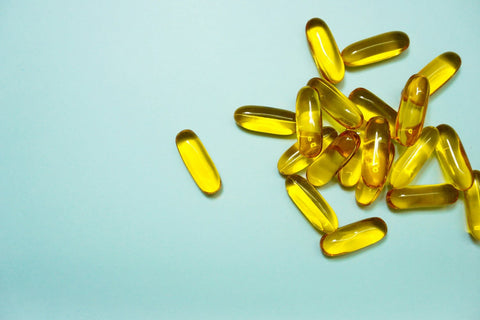
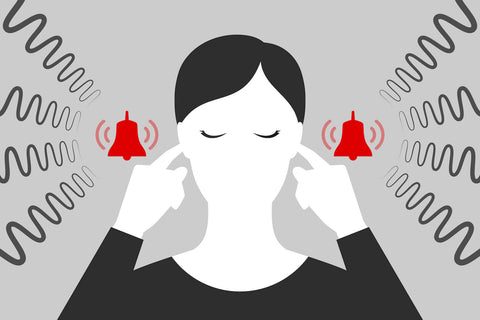



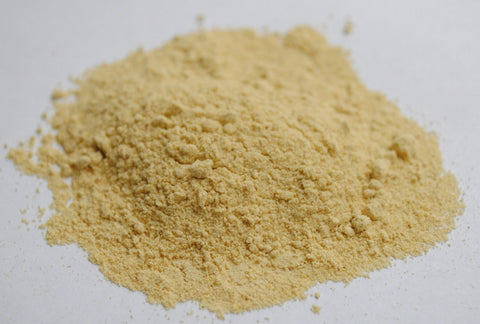
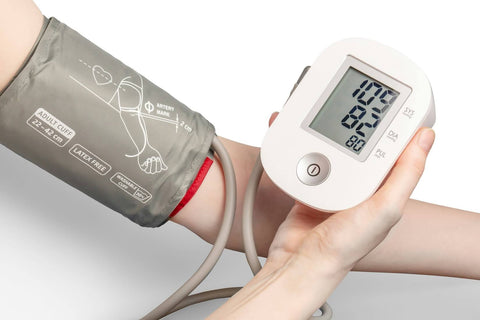
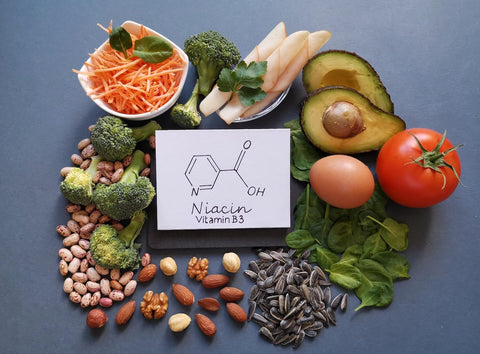
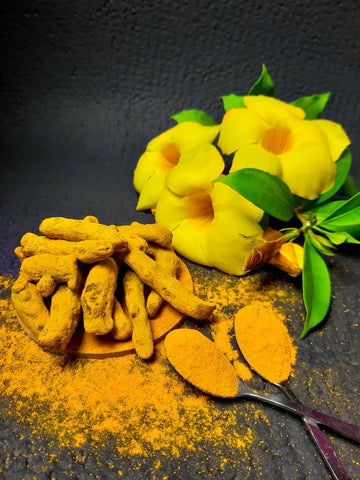
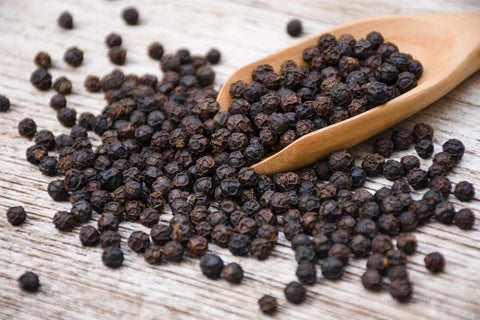
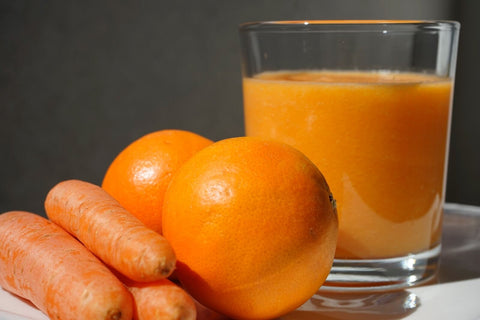
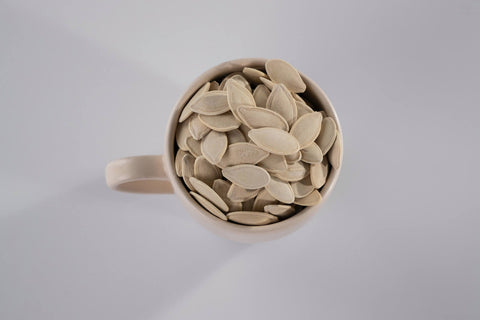







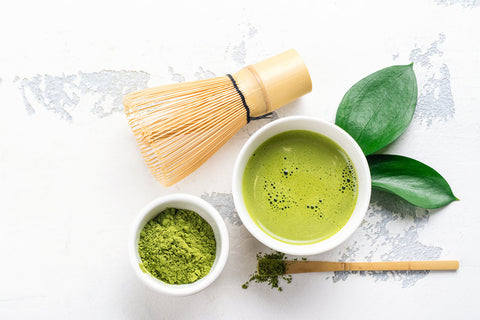







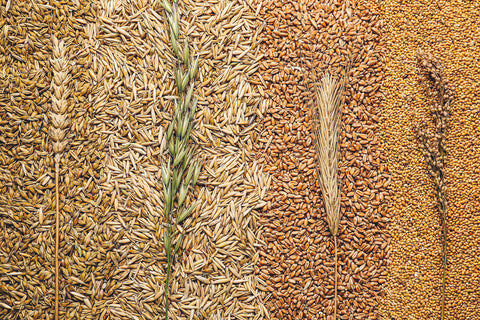






 1-800-822-5753
1-800-822-5753
